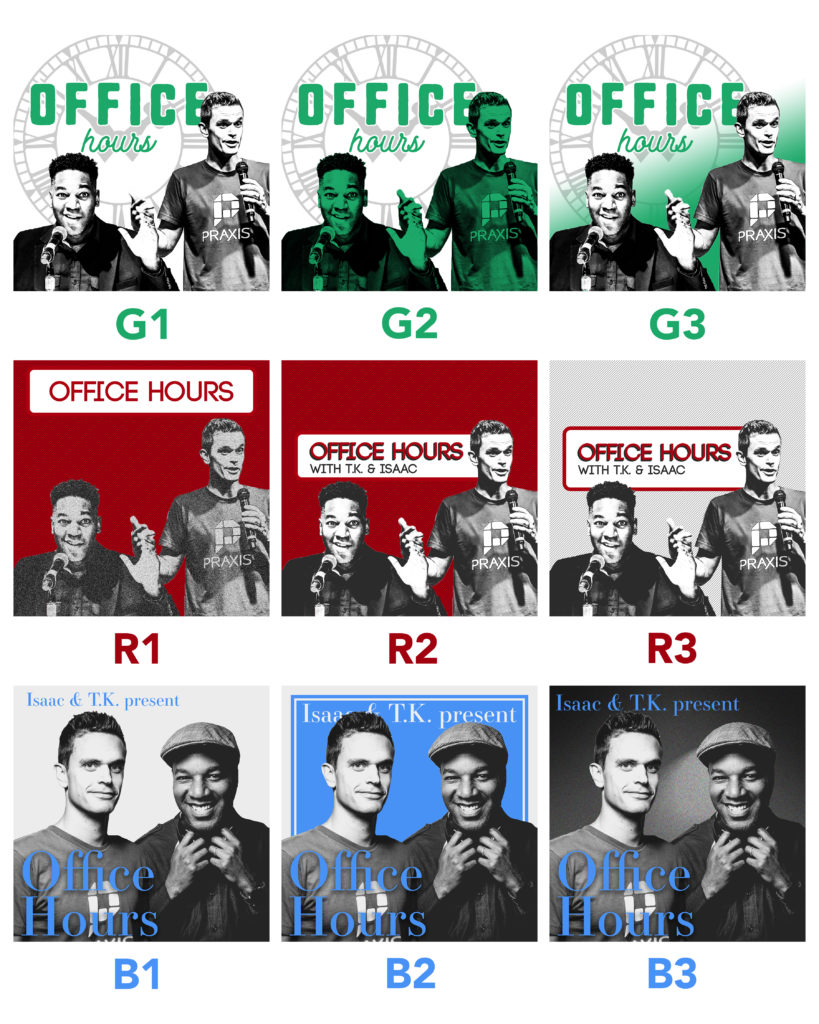Yesterday, someone shared an article about all the bullshitters filling up the web. It ripped on the kind of people who call themselves creativity coaches and keynote speakers and pump out advice articles and inspiring Steve Jobs quotes on social media, but have never actually built anything.
It was a fun little bit of cathartic sass.
It was also missing something: any chance of reducing the amount of bullshit in the world.
The article was basically, “Bullshitters exist, here’s what they are, they are idiots and should stop bullshitting.” Commenters said things like, “Yeah, too bad they’ll never read this and listen.” But why would they?
It reminded me of attitudes you sometimes here about entrepreneurs in illegal drugs. “Drug dealers are terrible people and should stop ruining the world.” Maybe it feels good to say, but it’s totally useless because it misses two key components necessary to generate change.
From where does demand derive?
It’s easy to tell self-help peddlers and drug pushers to stop selling. But why can they in the first place? If their stuff is so bad, who keeps buying it?
Like it or not, there is demand for both crack and fluffy creativity crap. Even if you persuade one dealer to step dealing, another will fill the void as long as demand exists.
The article didn’t discuss the followers and consumers of bullshit. It just suggested the people meeting the demand should stop doing it. Why? It’s clearly valuable to someone. Wouldn’t it be more effective to tell the users they’d be better off not consuming it, but doing something else instead?
Placing all the blame on suppliers ignores the demand that makes them not only possible, but in the long run, inevitable.
What’s in it for me?
The article made no direct appeal to self-interest. It was a condemnation of bullshiters and that’s about it. But if you’re making a living or having fun re-sharing paraphrased quotes about people who built things, why would you want to stop just because some online author said you’re a phony? What do you lose for stopping, and what do you gain? Everything and nothing, respectively.
A more effective way to change behavior is to refrain from telling the target how bad they are, and instead tell them (or better yet show them) how much more effective they could be if they did things differently. What are the downsides and unseen costs of building a “tribe” around fluffy secondhand bullshit? What other ways could the benefits be better captured? How might an aspiring “thought leader” build something first, or create rules for what kind of content they’ll share?
Put them both together…
Better yet, combine attention to the demand side with focus on self-interest. Show the consumers of bullshit how it’s hindering progress toward their goals. Demonstrate the dangers and present an alternative. There’s a reason people consume this stuff. Show them how to meet the need in better ways, just as you might help an addict channel their compulsive behaviors into something less damaging.
I actually liked the article. It was fun, punchy, and described a real phenomenon that I roll my eyes at often. Still, it’s too easy to assume idiocy instead of rational self-interest, and to demonize suppliers rather than understand demand and create alternatives.
If the world is awash in bullshit, introduce beauty.
Like this:
Like Loading...
